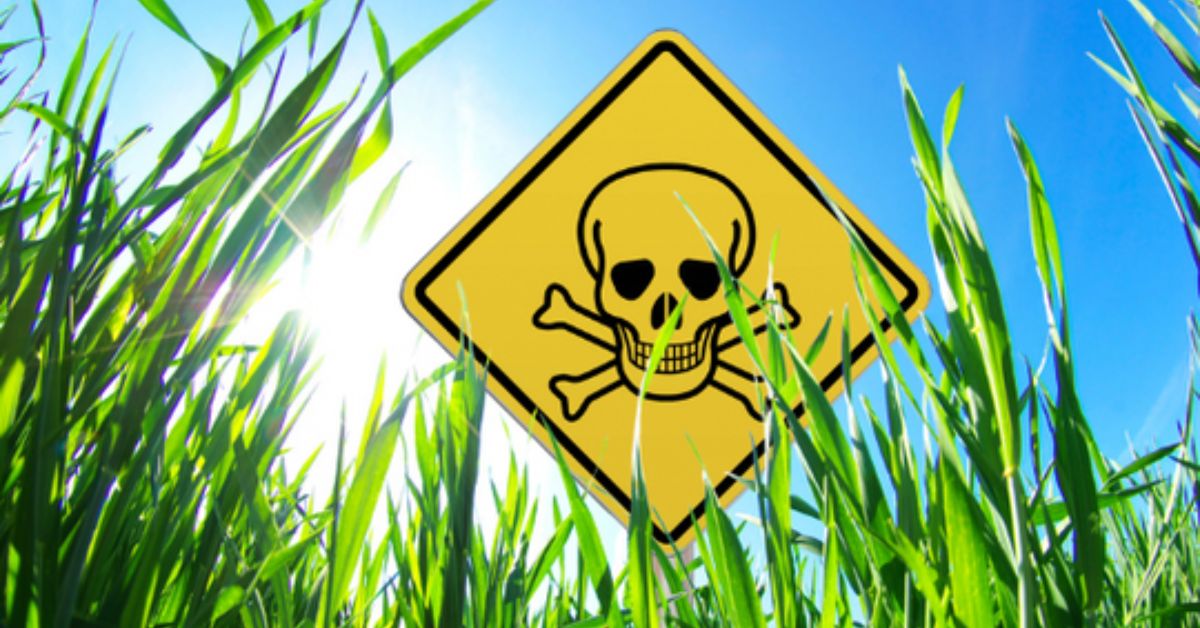The Science behind Glyphosate and Amino Acids
Dr. Stephanie Seneff, a scientist from MIT, has conducted extensive research on the impact of glyphosate on people. I’ve always admired her work and was pleased to discover that she wrote a book in 2021 called “Toxic Legacy” on glyphosate. I recently checked it out from the library and wanted to share one of its findings.
Glyphosate has a similar shape and characteristics to glycine, which is an amino acid used by the body to produce essential substances such as glutathione which helps the immune system and deals with the environmental chemicals.

In 1989, Monsanto conducted a study in which bluegill sunfish were exposed to glyphosate and then used a technique to determine how much was present in the fish’s tissue. On initial study, only 17-20% of the fish’s protein was glyphosate. But when enzymes were used to break down the fish, the technique revealed that now 70% of the protein was glyphosate.
Meaning that the glyphosate was PART of the FISH. So glyphosate which looks like glycine, an amino acid, can be incorporated into people’s tissues.
Understanding Glyphosate’s Role in Health Issues
Collagen makes up 25% of the body’s proteins and has glycine prominently in it. The glycine helps create the structure that helps collagen have strength and elasticity. Glyphosate substituting for glycine would affect collagen’s characteristics. There seems to be a lot more issues with hyper-flexibility that I see in my clients these days. Perhaps this might be a reason?
Glyphosate was the #1 pesticide used on agricultural crops in the US based on a 2019 analysis by the Midwest Center for Investigative Reporting. It looks like the amino acid glycine which is why it is so effective as an insecticide and may be a contributing factor to our health. Based on a 2011 US Geological report as reported by Pesticide Action Network ,where glyphosate is used agriculturally, it WILL be in the surface water.
There are multiple ways to deal with glyphosate. One way is to eat organic food as much as possible. Organic produce doesn’t have pesticides on it so you are avoiding the glyphosate exposure.
Another way that I have mentioned previously is to supplement with glycine. Glycine is sweet so my family uses it as a sugar replacement. A good resource for glycine is www.bulksupplements.com
If you are experiencing health issues, I suggest eating organic food and taking glycine to see how it affects your health.
If you are still experiencing issues, please contact me for assistance. If you are an existing patient, you can reach me at doc@focusedwellness.net.
For new patients, you can book a 30-minute intro visit using the button below to discuss how we can help you address your depression and find a path to wellness.
If you’re an existing patient, you can contact me via the Charm portal.

To your health!
Dr. Richard Chen
Focused Wellness Author,
A New Way to Health: Wheel of Health
Buy the book on Amazon
